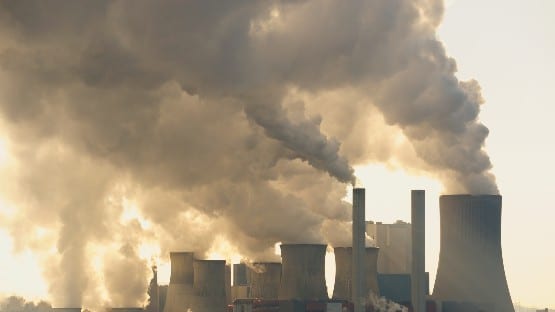
When a crime takes place in a community, it has a ripple effect that can change the course of many people’s lives. It’s unfortunate that, while crime rates are decreasing across the world, there are still a number of murders, rapes, and drug deals that cause untold pain to families and communities.
In this article, we’ll look at the key ways in which the law is trying to tackle crime, helping to enforce the law and keep citizens safe in an era of cybercrime and other heinous pursuits.
New Technologies
There’s no doubt that new technologies are partially responsible for the uptick in the criminals caught and prosecuted with evidence in a court of law. Without the kind of technology that can, for instance, lift a fingerprint perfectly from the scene of a crime, the police would be without one of the most vital pieces of evidence that helps them connect individuals to crime scenes. There’s plenty of new technology that’s important too – like drone footage and facial recognition cameras – that will help prevent crimes happening in the first place, protecting society from ills.
Legal Cases
When a criminal is put on trial, you hope that they’re punished proportionately. But you’re also hoping that, if the individual is innocent, they are able to achieve the right legal representation to show that they should be released without further charge. Importing illegal drugs into the UK, for instance, is a serious crime. If someone stands accused of committing this crime without having done so, they need an experienced lawyer to argue that case to the judge.
In such circumstances, citizens are protected by mechanisms of the law that ensure only the guilty suffer the repercussions of their crimes.
Strategic Deployment
There are many ways in which citizens break the law, and the law recognises that there are some crimes that are worse than others. Some crimes will have you slapped on the wrist and fined a few hundred dollars, while others will see you clapped in irons and thrown into prison for a set period of time.
In those latter cases, the police will have captured a criminal who is deemed a risk to society – and that is usually where police resources are deployed in the modern world. In short, it’s better they catch a drunk driver, who is a risk to life, over a driver who is going a little over the speed limit.
Better Training
Alongside the incredible advances in technology that are promised in the next period of police and law enforcement, expect to see better training impacting on the ways in which the police carry out their duties. This runs across the board, including community liaison work, car and motorbike driving, and other ways in which you will be able to feel protected by the police who roam your streets. Better-equipped and trained police are more helpful for society, and help protect all life and happiness within it.
These four factors are key to ensuring the balance of a society is equal and fair in the modern world.










